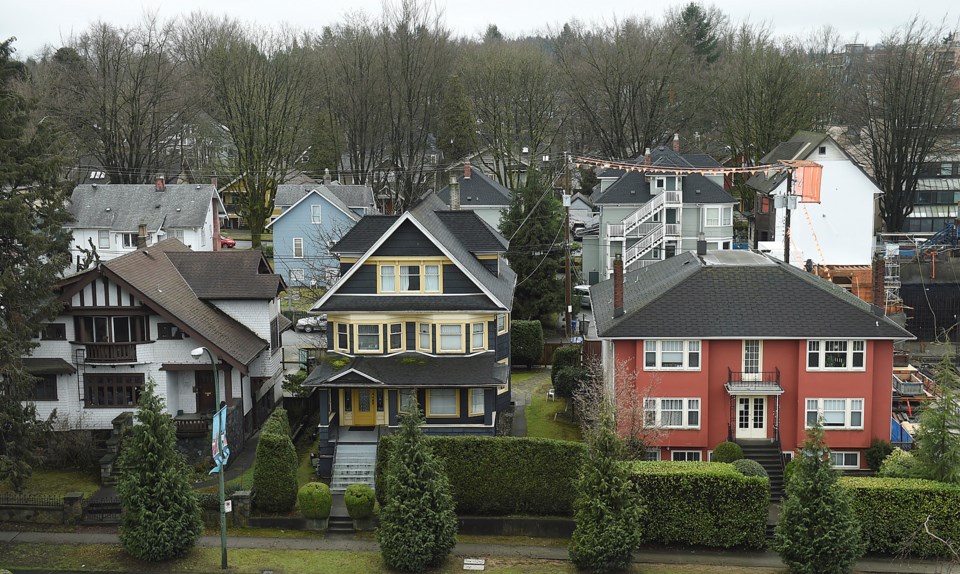Having a lodger living in the spare bedroom is a phenomenon that I am very familiar with, having grown up in the U.K. where such arrangements are common.
My mother, before she remarried a few months ago at the age of 72, had a string of lodgers occupying her empty downstairs studio for years. It was the only way she could afford what remained of the mortgage on her small house, after my father passed.
Even Hugh Grant’s character in Notting Hill famously had a lodger (the inimitable Spike, played to perfection by Rhys Ifans) living in the spare bedroom, to help with what must have been astronomical payments on his London townhouse following a divorce.
Such deals also help the lodger, of course. Generally these living arrangements cost dramatically less than market rents, and are usually quite informal agreements with the home’s owner-occupier that suit both parties. Often the lodger is a student or somebody who needs a crash pad during the week (they might even have a family, and their own mortgage payments, elsewhere). Less than a fully-fledged mortgage helper like the ones Vancouverites are used to, and more of a regular houseguest who pays towards the owner’s monthly costs, it can be a win-win situation for everybody.
Here in Metro Vancouver, lodging is not a common arrangement, but perhaps it should be, considering the cost of housing. According to an academic study, Vancouver has a whopping 800,000 spare bedrooms throughout the city. When examining the under-housed (families deemed to be living in homes with too few bedrooms for the size of family), the study found there are 120,000 bedrooms needed.
Add to that soaring rental prices, and sky-high real estate prices meaning that a sizeable proportion of residents can’t afford to buy a home, and there’s a real need to access those empty bedrooms so people can actually live in them.
A new initiative that has been launched seems a good first step, although it will take much more to really move the dial. Empty Nests aims to connect seniors, rattling around in houses too big for them, with young renters who need cheap accommodation. It’s deliberately targeting over-50 empty-nesters and young people under 25, as that is where the need is greatest. Hopefully it will be a success and the acceptability of lodging as a living arrangement grows.

But there’s no reason to restrict this kind of living arrangement to empty nesters and young folk. Anybody with a spare bedroom and a need for extra income (who doesn’t mind having company at home) could help out a renter-in-need and get rewarded for it. Of course, you need to vet the applicants carefully and only choose people you’re comfortable sharing with – especially if the bedroom in question is in the main part of the house and you’re sharing a bathroom and/or common spaces. They don’t have to be like Spike…
Finally, it’s also about the City making sure the right kind of housing supply is reaching the market. Empty-nesters often stay in their homes way longer than they need to because there is not enough suitable mid-sized product for them to move into. If there were a much bigger supply of medium-sized townhouses and larger condos on the market, for example, seniors could downsize into them and free up those larger detached homes for bigger families to move into.
Until this happens, seniors will mostly remain where they are and those empty bedrooms will likely stay unoccupied. In the meantime, though, perhaps people will consider having – or being – a lodger.



